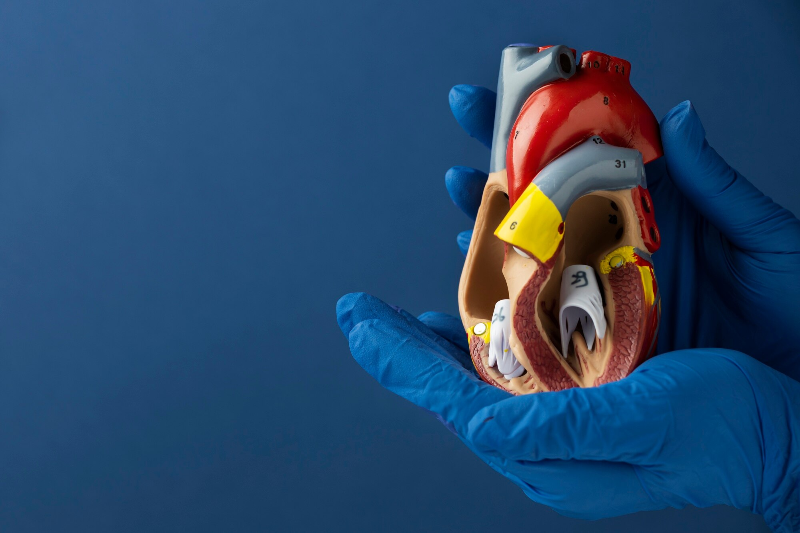by Lori Solomon
Coronary artery disease (CAD) testing within 90 days of hospitalization for heart failure is associated with a lower risk for heart failure readmission or all-cause mortality, according to a study published online Jan. 18 in the Journal of General Internal Medicine.
Cheng‑Wei Huang, M.D., from Kaiser Permanente Los Angeles Medical Center, and colleagues assessed whether widespread CAD testing in patients with new-onset heart failure leads to improved outcomes. The analysis included 2,729 adults with new-onset heart failure with reduced ejection fraction hospitalized within one of 15 Kaiser Permanente Southern California medical centers between 2016 and 2021.
The researchers found that 54.5 percent of patients received CAD testing, and after a median of 1.8 years, the testing group had a reduced risk for heart failure readmission or all-cause mortality (adjusted hazard ratio, 0.71; 95 percent confidence interval, 0.63 to 0.79). These results persisted across subgroups with a history of atrial fibrillation, diabetes, renal disease, myocardial infarction, or elevated troponin during hospitalization. Regardless of timing of CAD testing, findings were similar (early testing, or received testing before discharge, versus late testing, or up to 90 days after discharge: adjusted hazard ratio, 0.97; 95 percent confidence interval, 0.81 to 1.16).
"Further studies are necessary to examine factors associated with testing as well as testing completion to identify areas that may be more suitable for intervention to improve testing rates," the authors write.
More information: Cheng-Wei Huang et al, Association Between Coronary Artery Disease Testing in Patients with New-Onset Heart Failure and Heart Failure Readmission and Mortality, Journal of General Internal Medicine (2024). DOI: 10.1007/s11606-023-08599-1
Journal information: Journal of General Internal Medicine
Copyright © 2024 HealthDay. All rights reserved.







Post comments